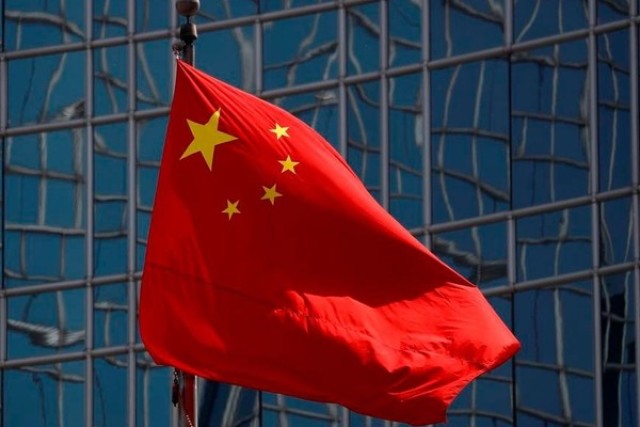China supports startups working in the field of quantum computing, semiconductors and robotics, hoping thus to succeed in the technological confrontation with the United States, where, on the contrary, technological development is entrusted to global companies, Bloomberg writes on Monday.
As it is emphasized in the article, for 20 years China has used the Silicon Valley approach in relations with companies — entrepreneurs were allowed to go to their intended goals without strict regulation of their activities.
As a result, such IT giants as Alibaba, Tencent and ByteDance appeared in China. However, recently these and similar companies have fallen out of favor — the authorities have tightened supervision of the industry, making it clear to large IT companies that the government is waiting for their policies to be adjusted in accordance with state priorities.
For example, in order to eliminate gambling addiction among children, regulators have sharply limited the number of hours allotted to minors for games. The authorities are also developing rules prohibiting the placement of securities outside the country to Internet companies that own a large amount of user data.
Against this background, the South China Morning Post newspaper, citing Premier of the State Council of the People's Republic of China Li Keqiang, reported that China plans to increase support for micro-companies, small and medium-sized businesses working in the field of IT to promote scientific innovation in the country.
In addition to supporting research institutes, colleges and large companies, the state will help technology startups "enable researchers to conduct new developments more efficiently."
For such companies, Bloomberg points out, the term "small giants" is already used – there are 4,762 of them in the country. In addition to the fact that the designation of a company as a "small giant" is honorable, it is also beneficial for the company — business can count on tax breaks, preferential loans and assistance with qualified personnel.
Currently, according to official statistics, the share of small and medium-sized enterprises in China accounts for 60% of GDP and 80% of jobs in cities.

